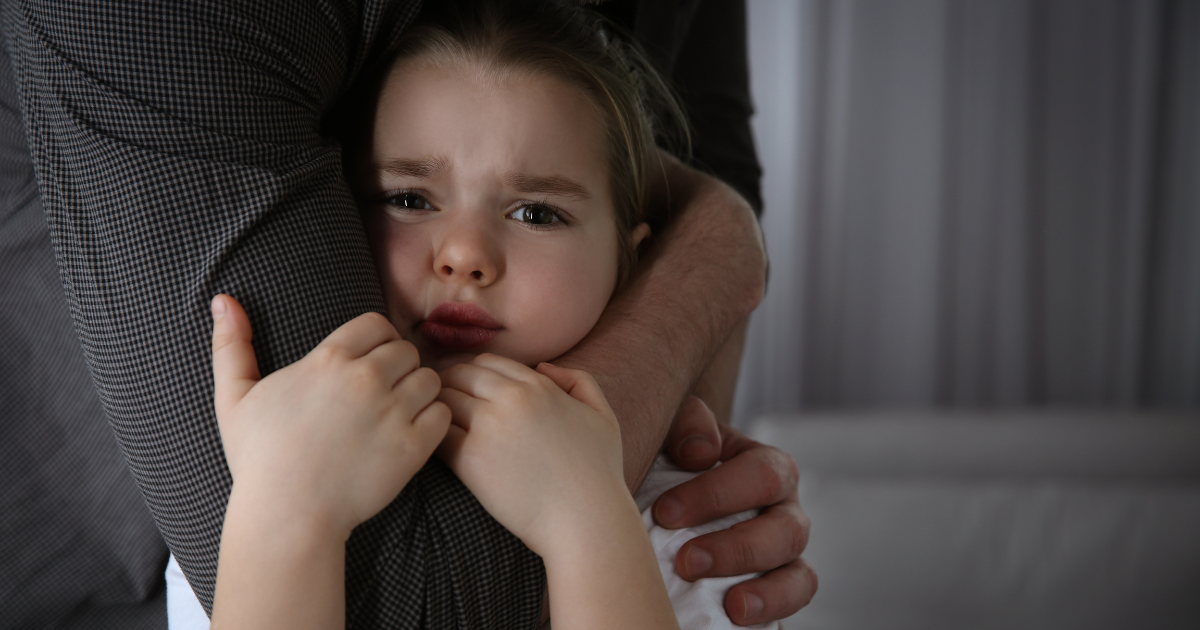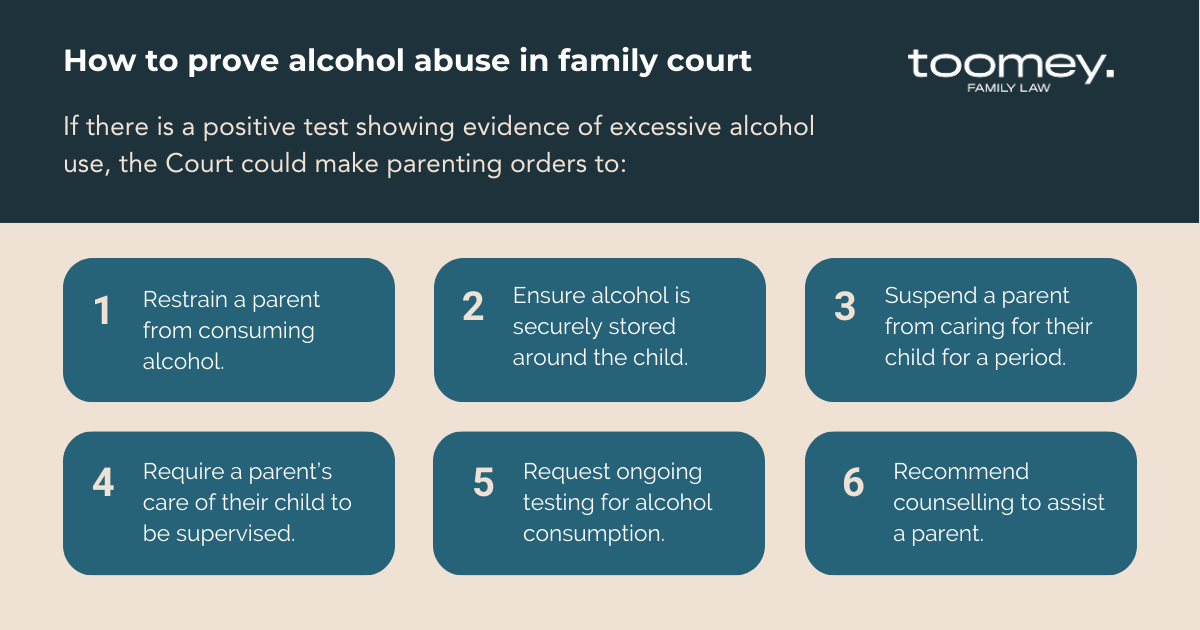
27 Oct Alcohol and divorce: How to prove alcohol abuse in family court
Clients are increasingly coming to us with concerns that their co-parent is an alcoholic. Yet, because their co-parent is high-achieving and seemingly living a functional life, they worry that no one will believe them. In fact, your co-parent may drink excessively but hold down a high-pressure, responsible job. So, to your colleagues, friends, and family—and theirs—everything looks ‘normal’.
However, alcohol abuse and addiction can have devastating repercussions for families. Leisa covered this in an Addiction Webinar with addiction and recovery experts, Amelia De Campo and Ingrid McGuffog, and it’s worth watching for more information. So it’s important to ensure that you’re taking all the necessary steps. Making sure your family and children are safe is one of the most important things you’ll need to do during your separation or divorce.
So if you’re worried about proving these to the Family Court – you’re not alone. But before you start to panic, read on. There are many things we can do to prove alcohol abuse and ensure that your children are safe.
Alcohol and family law
In cases where alcohol abuse is alleged, the Family Court can order pathology testing for alcohol consumption. This can provide the necessary evidence for the Court to determine whether it’s in a child’s best interests that they remain in a parent’s care.
Alcohol and substance use are not specifically mentioned in the Family Law Act 1975 (the Act). And a parent won’t be rendered unfit simply because they drink alcohol. However, the Court will consider it a problem if there’s evidence that the parent’s alcohol use impacts their ability to care for their child. In that case, it may not be in the child’s ‘best interests’ to remain in their parent’s care as they are at risk of abuse or neglect.

How to prove alcohol abuse in Family Court
Best interests of the child
Under the Act, when the court is deciding on any parenting orders – including any that relate to alcohol abuse – its ‘paramount consideration’ must be what’s in ‘the best interests of the child’. In determining what is in a child’s best interests, the court’s primary considerations are:
- Whether the child will be able to have a meaningful relationship with both parents.
- Protecting the child from ‘physical or psychological harm’ through exposure to ‘abuse, neglect, or family violence’.
When making parenting orders, the court will presume that ‘equal shared parental responsibility’ is in a child’s best interests. This presumption will not apply if there are ‘reasonable grounds’ that a child has been subject to abuse or family violence from a parent. And where alcohol abuse can be proven, this is often considered reasonable grounds for the care and custody to go to the other parent.
Steps for proving alcohol abuse
For the court to consider the negative impact of a parent’s alcohol use on their child, evidence is required. Addiction is not always easy to spot. This is particularly true when a person is high-functioning and able to hide or minimise the dysfunctional impacts of addiction. We always suggest that you start with making diary entries — keep track of the instances of alcohol abuse that you notice, particularly when the children are involved.
To commence court proceedings, a Notice of child abuse, family violence or risk is filed. Parents are required to detail the impact on their child of their alcohol or drug use, so the court can consider that in relation to a child’s best interests. The Court may then order a test for alcohol consumption.
The court could order urine, blood, or hair follicle testing to show evidence of alcohol in a parent’s system.

Urine test
Ethyl Glucuronide (EtG) is the most common urine test. It can determine whether a person has consumed alcohol in the previous three to four days, demonstrating recent use of alcohol.
Blood tests
There are two blood tests commonly used to indicate the presence of alcohol. They show excessive use of alcohol rather than recent use of alcohol. The two common tests are a carbohydrate-deficient transferrin test and a liver function test.
Hair follicle test
For hair toxicology tests, hair from anywhere on the human body can be provided, and it will measure alcohol consumption over the previous three months. One downside of hair toxicology is that very recent alcohol consumption – or ‘one-off’ consumption – may be missed. It’s also significantly more expensive than urine or blood testing.

Court orders
If there is a positive test showing evidence of excessive alcohol use, the Court could make parenting orders to:
- Restrain a parent from consuming alcohol prior to a child being in their care.
- Ensure alcohol is securely stored while a child is in a parent’s care.
- Suspend a parent from caring for their child for a period of time.
- Require a parent’s care of their child to be supervised.
- Request ongoing testing for alcohol consumption as a condition for a parent caring for their child.
- Recommend counselling to assist a parent with their relationship with alcohol.
Your next steps
Understanding how to prove alcohol abuse in court can be confronting, but you can be supported and believed. And luckily, there are valid scientific tests to back up your claims – especially important where your ex-partner appears to be functioning well from the outside.
Of course, our team is here to help you every step of the way. At Toomey Family Law, our specialists have vast experience in children’s issues and what’s in a child’s best interests. We know the anxiety and frustration that can come from a parent’s concern for their children’s physical and psychological safety. We can help you navigate the best parenting outcome for you and your family.
Watch the Addiction Webinar and, of course, reach out to Leisa and the Toomey Family Law team for any additional advice or help with the process of proving addiction in court.




